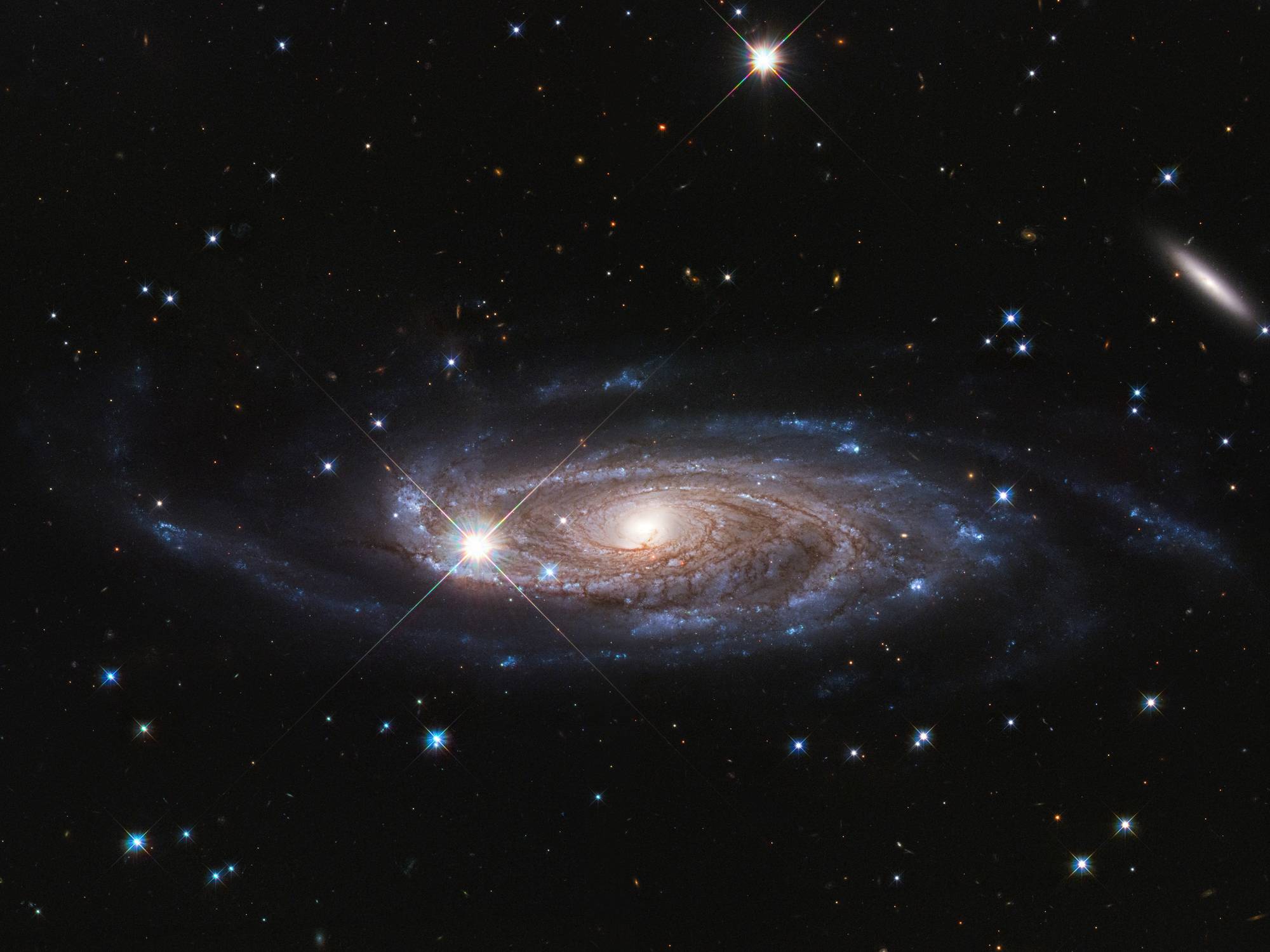
Switching to a backup memory module didn't fix the problem.
Now the agency says the memory errors may be a symptom of another fault, rather than the root cause, and it may be time to switch to a backup instrument computer.
Specifically, the agency believes the current instrument computer's Central Processing Module (CPM) and Standard Interface (STINT), which connects the CPM to Hubble's other systems, may be broken, and thus hopes the backup instrument computer's CPM and STINT are in working shape.NASA may therefore power up the backup computer and test it before making it the active instrumentation computer and restoring Hubble's scientific operations.
The backup computer has not been powered on since its installation in 2009.The unit containing the computer systems worked well for 18 years though suffered a fault in 2008, and in 2009, the unit was replaced.
Now it may be time to see if the backup instrument computer – known formally as the backup payload computer – in that unit is working.
We note that the replacement unit contains the same 1980s-era parts as the original computer unit.
If the backup payload computer’s CPM and STINT hardware is turned on, several days will be required to assess the computer performance and restore normal science operations.The backup computer has not been powered on since its installation in 2009; however, it was thoroughly tested on the ground prior to installation on the spacecraft.
South Korea, long known for tolerating extremely long working hours, is on track to reduce the number of hours employers can require from their workforce to 52 per week from July 1stThe government-mandated reduction in working hours was introduced in 2018, when the National Assembly approved a Bill that did away with laws permitting a whopping 68 hours a week of workThe old regime allowed employers to insist their staff toiled for 40 regular hours, 12 hours of overtime and then up to 16 more hours on weekends